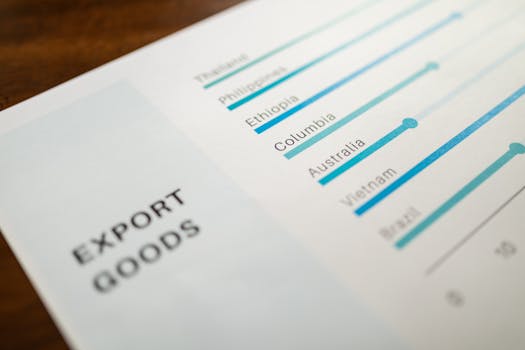Global trade impacts have been a hot topic in recent years, with increasing focus on the effects of trade agreements, tariffs, and other factors on economies worldwide. One trending issue in this area is the impact of the COVID-19 pandemic on global trade.
The pandemic has disrupted supply chains, leading to shortages of essential goods and disrupting trade flows. This has had a significant impact on trade volumes and prices, with some sectors experiencing a sharp decline in demand while others have seen a surge in business. For example, the demand for medical supplies and equipment has skyrocketed, leading to a significant increase in trade volumes for these products.
Another aspect of the pandemic’s impact on global trade is the rise of protectionism. Many countries have imposed export restrictions on essential goods in order to ensure domestic supply, leading to increased tensions between trading partners. This protectionist stance has the potential to disrupt global trade flows and hinder economic recovery.
On the other hand, the pandemic has also highlighted the importance of global cooperation and coordination in addressing trade challenges. International organizations such as the World Trade Organization have played a crucial role in facilitating dialogue between countries and reducing trade barriers. The need for a coordinated response to the pandemic has underscored the interconnected nature of the global economy and the importance of multilateral trade agreements in promoting economic stability and growth.
In conclusion, the COVID-19 pandemic has had a significant impact on global trade, disrupting supply chains, increasing protectionism, and highlighting the need for international cooperation. As countries continue to grapple with the fallout from the crisis, it is essential to work together to address trade challenges and promote economic recovery. By fostering collaboration and reducing trade barriers, the global economy can emerge stronger from the pandemic and build a more resilient trading system for the future.

Leave a Reply